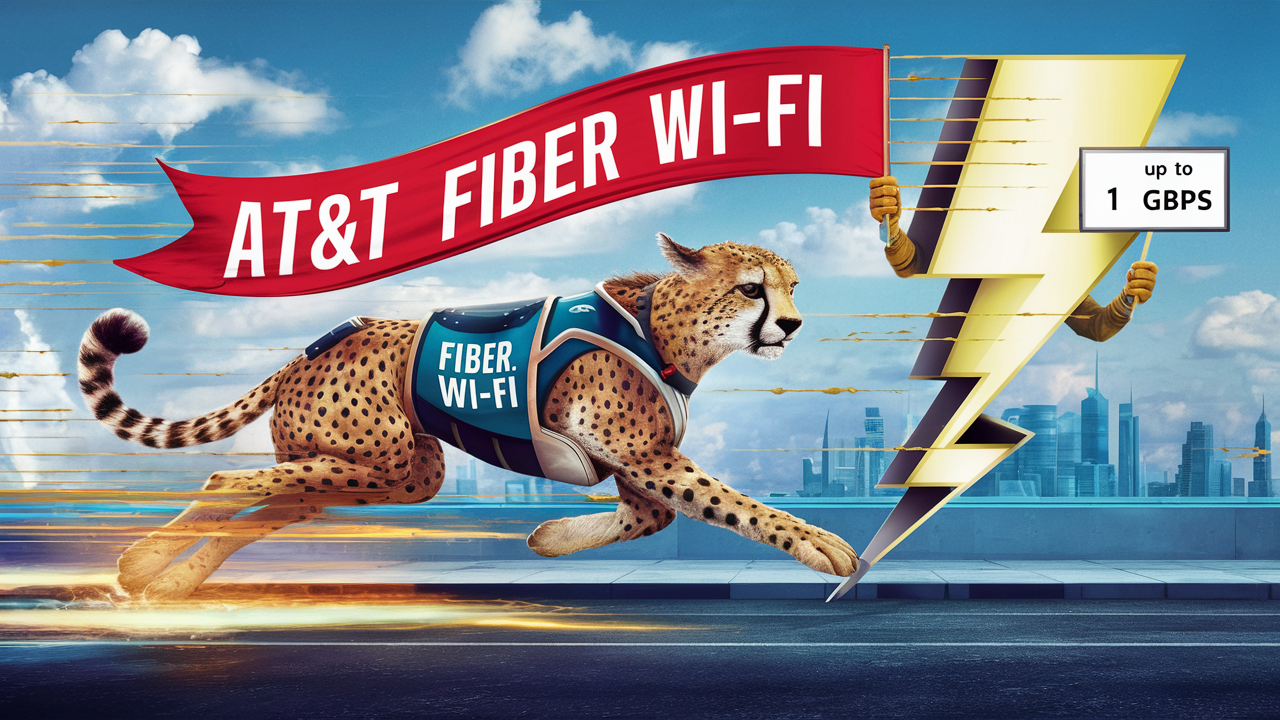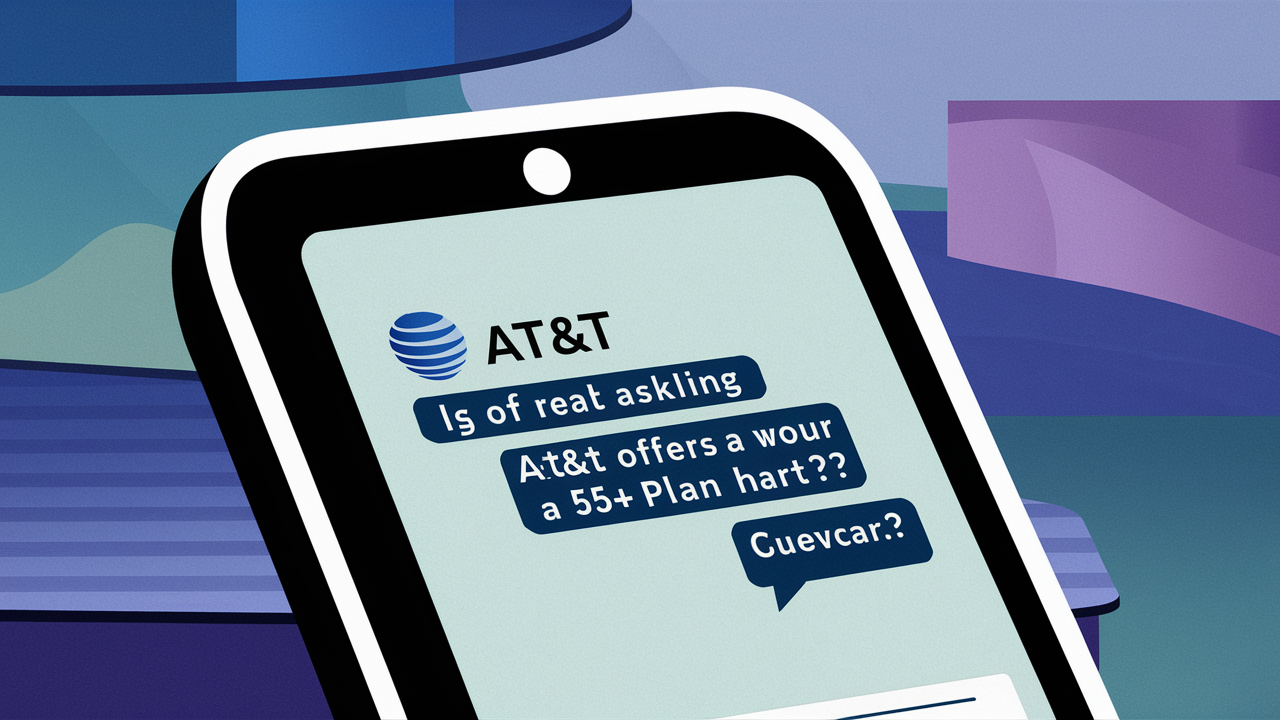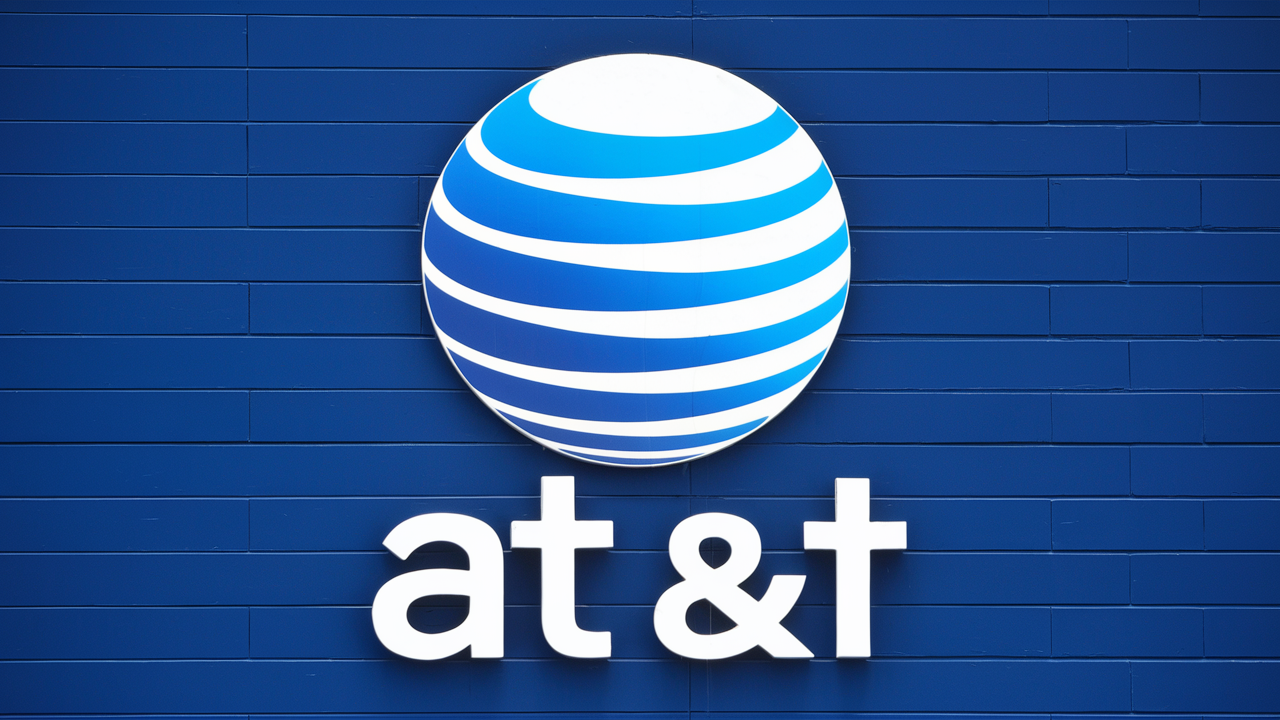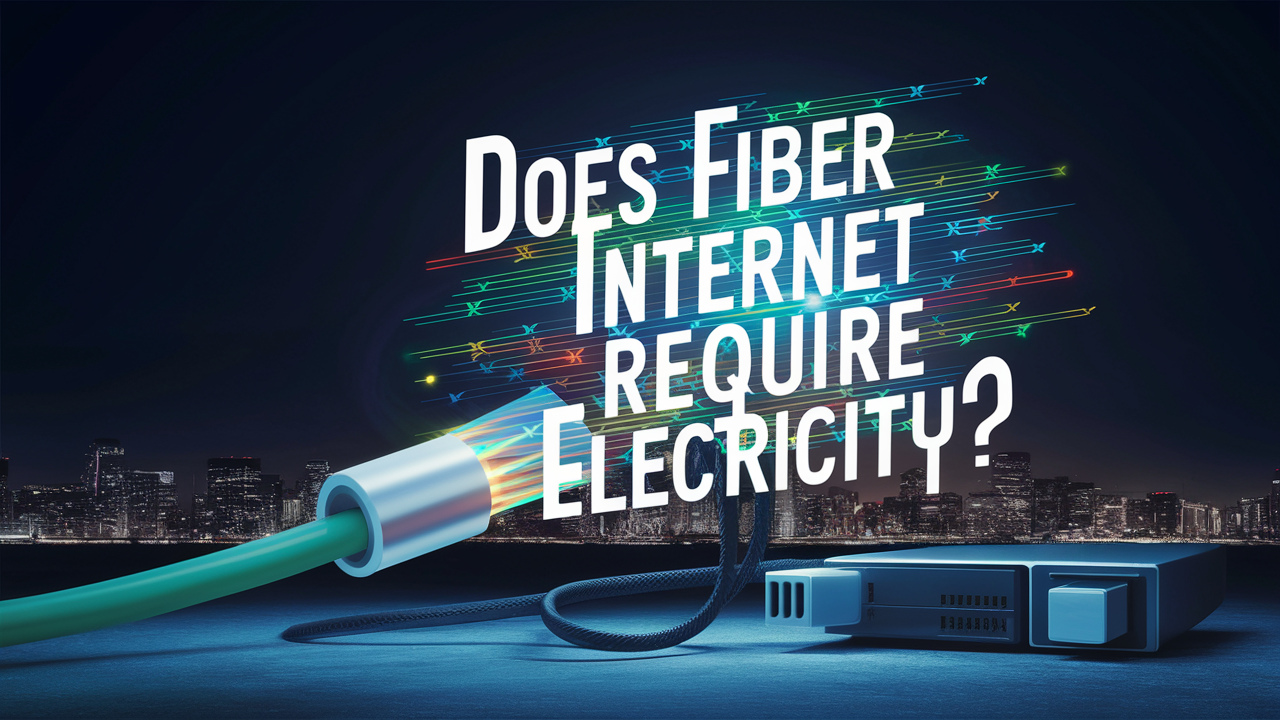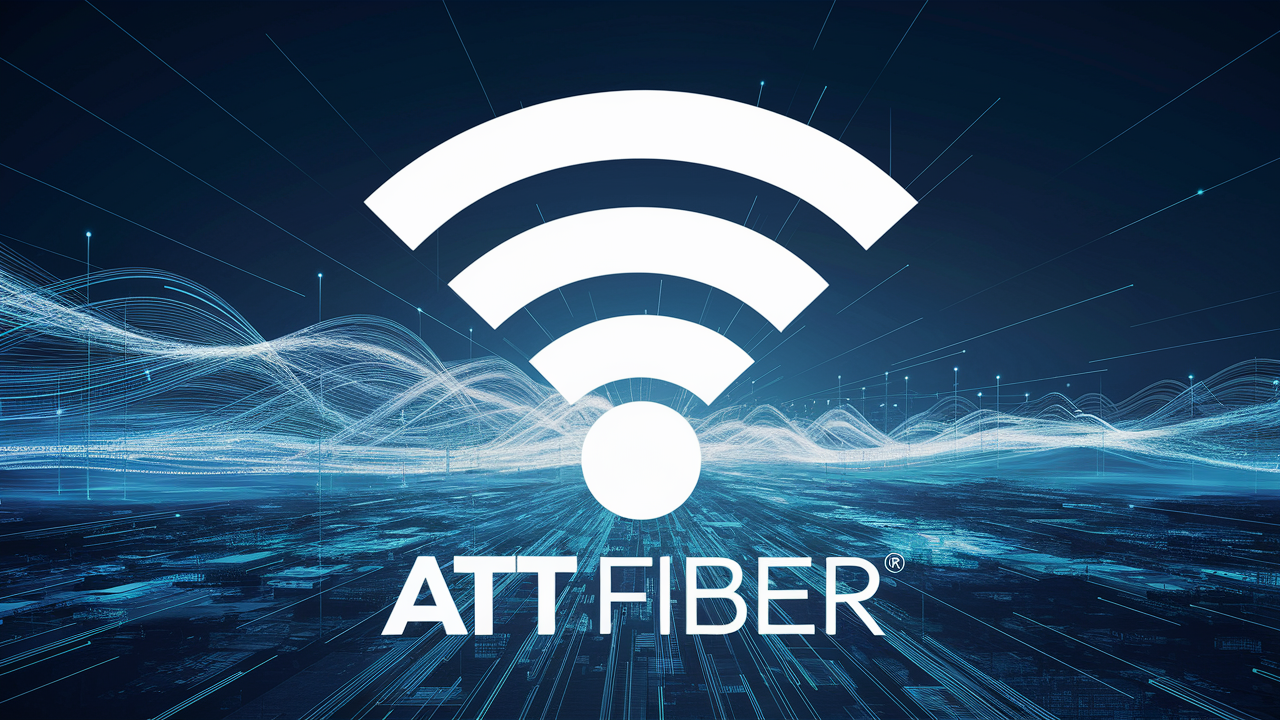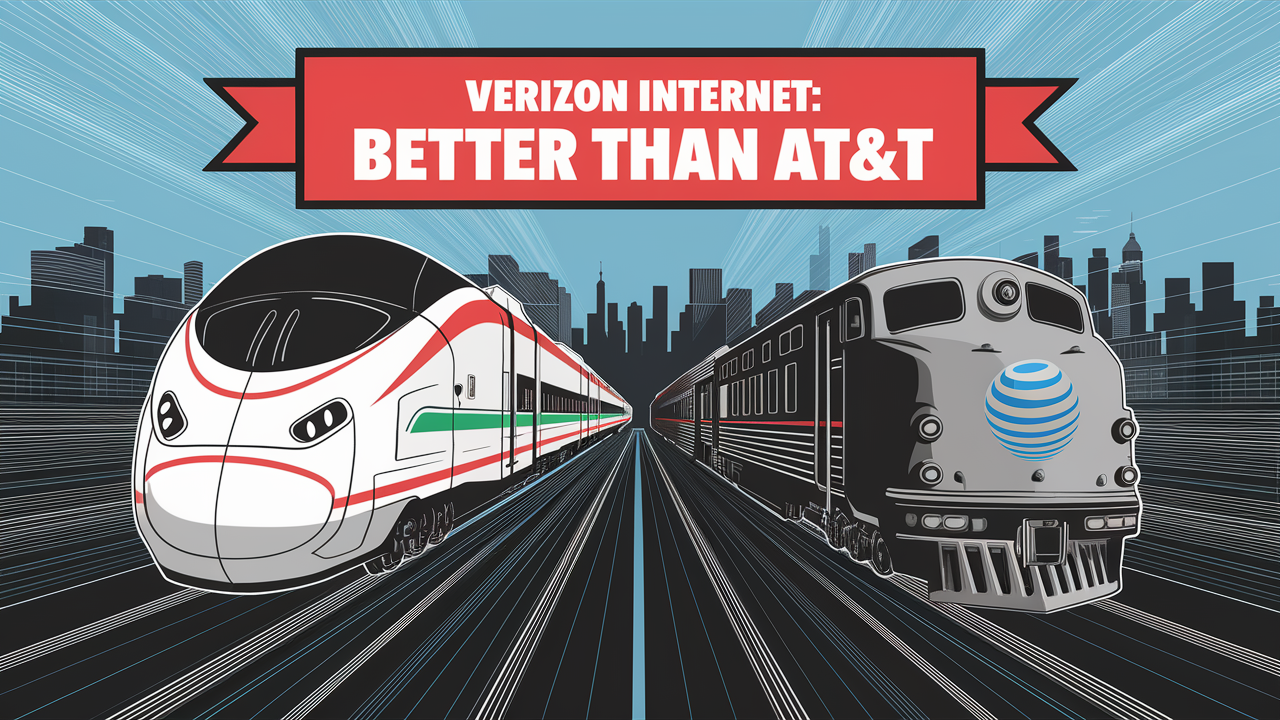
This article aims to discuss the two giants in the ISP market when it comes to choosing the provider – Verizon and AT&T. But which of them is better in terms of the internet service provision? If one is looking at Verizon versus AT&T internet there are some key points that need to be looked at.
Speed
Traditionally, this factor is probably one of the most critical aspects that users consider while using the Internet. Verizon and AT&T have different packages which allow them to offer various speeds with their internet service; from the basic packages that provide up to 10 Mbps to fiber optic packages that offer above 1000 Mbps. Verizon’s fastest widely available speed is 940 Mbps through fiber optics while AT&T fiber can go up to 1Gbps. And looking at the possible maximum speeds, it is possible to say that AT&T fiber is even slightly better than Verizon.
But it is not just about those peak speeds, of course. But the most important parameter is the average speed which a person is going to achieve in a typical workday. Verizon FiOS outperforms AT&T when it comes to the mean download speeds: based on real-life usage all across the country. Based on third party research, Verizon FiOS is generally put at above 90+ Mbps nationally while AT&T fiber is at a little over 70 Mbps nationally.
While AT&T touts having higher maximum gigabit speeds, it appears that Verizon’s network offers more consistent faster actual speeds to customers all around the country.
Availability
The best service provider is one that has a fast and reliable network, but this is often of no use when the provider in question does not have service in the given area. In terms of availability, Verizon FiOS is also ahead as the service is available to about eight million more households across the United States than AT&T’s fiber..
Verizon most concentrated in the Northeast and Mid Atlantic regions where the company primarily deployed its 100 percent fiber optic FiOS service that was widely available in New York, New Jersey, Pennsylvania, Maryland and Virginia. Hoping to capitalize on the video boom and to counter the threat posed by Google fibber, AT&T has concentrated most of its fiber deployment efforts on some of the parts of the south and Midwest, although the service is more abundant in states such as California, Texas and the southeast.
Availability then becomes a critical defining factor especially with fiber speeds being the new norm. The fiber network that Verizon currently offers is still considerably smaller, but it is estimated to have the capability to pass an additional 29.5 million homes across the country if fully deployed, thus they have the upper hand in this aspect at the moment.
Bundling Options
The concept of multiple services being offered by a single provider could be an advantage in a number of ways, including convenience and perhaps cost. Similar to AT&T Customer Service, Verizon also has a huge coverage area and uses it to provide packages that combine internet with other services such as TV, home phone and mobility.
The flagship product for Verizon is Fios Home Internet with 5G Wireless. Other strategies include the inclusion of YouTube TV or streaming devices’ bundles. Here, AT&T offers more diverse options for bundled offerings for their Internet and entertainment division, with AT&T Internet bundled with DIRECTV/U-Verse TV, AT&T TV, AT&T TV and AT&T Wireless.
As far as the options for bundling services with one provider and the convenience of purchasing an array of services at once, AT&T can be considered the leader over Verizon. However, the availability of channels or contents for their offered video services also affect value, better see the compatible channel offer on your locality.
Reliability
Fast and ultra-fast internet is great, but the speed is of little use if the connection constantly drops. On the whole, the surveys conducted among users of the nationwide fiber networks indicate that Verizon FiOS is more reliable than AT&T fiber. Verizon FiOS also takes the spot for having the best speeds at any time of the day and night depending on the tests made across the country. AT&T has shown some enhancement in the more recently reliably testing but still overall it has a tendency of performing worse than Verizon.
Other sources of information from customer complaint/review sites also show Verizon having comparatively fewer large scale localized outages where many customers get affected at the same time. To a certain extent, AT&T appears to be constructing itself as more vulnerable to more significant regional reliability issues. Nonetheless, other direct surveys featuring end customers are in sync with the notion claiming that both providers are on par whenever small-scale incidents are isolated.
On a macro level, which might be relevant if you are thinking about long-term reliance on your home internet provider, Verizon looks less susceptible to outages. However, micro-level chronic issues that may impact a limited number of customers can happen regardless of the provider, although locally.
Pricing
Finally, price offers are always a consideration when comparing any two ISPs. Verizon Fios and AT&T fiber internet offer similar standard nationwide pricing.
- Verizon Fios price range is $40 per month based on their basic package with 300 Mbps. Gigabit connections run $80/month.
- AT&T Internet also announced new prices for its Internet plans and the new lowest rate is $40 per month for 300 Mbps. For the current one Gbps the price to upgrade is $80 per month.
Thus, when comparing the published rate cards, Verizon and AT&T offer services that effectively benchmark each other at the same speed levels. Nonetheless, for AT&T, it does appear more flexible to negotiate custom tariffs at cheaper rates for the new users through promotions and retention of users. In most services, loyalty is probably not the best thing that a new comer has to offer, yet the new comer has the added advantage of a sign-up promotion.
Another positive Verizon has over other providers in the longer-term value department is the fact that they do not actively impose strict data limits on the majority of its Fios plans. AT&T has a limit of 1TB for all the plans; any GB over that will attract an overlimit fee. Therefore, if one is a heavier data user, they can benefit from Verizon as the overall value proposition is higher under this plan.
The Bottom Line
Verizon Fios is often found to be in the lead over AT&T for the fastest average connection speeds and the most network coverage areas in the United States. The infrastructure of AT&T has also been improving but the company appears to be more vulnerable to large-scale outages in some locations. However, despite some improvements for Verizon in the basic index of raw network quality indicators, AT&T often responds with even deeper dual-?sided discounts for new subscribers.
So Verizon Fios brings improved basic network availability and quality or performance in more metro markets. However, on the other aspects of the package that make up the features, AT&T otherwise can go toe to toe with Verizon and can offer even more deals for people willing to bargain for Contract terms, premium channels, equipment packages, and taxes/fees all add to the value proposition. So always be careful and pay attention to the small details.
I trust that this breakdown has been informative and serves as good background information when choosing between Verizon and AT&T for your Internet. Please feel free to ask any question or for more clarity.
Call (844) 905-5001 to get a new AT&T connection now!
Read More:
Does AT&T have prepaid internet?
Does AT&T have a discount plan?
Is Verizon Internet better than AT&T?
